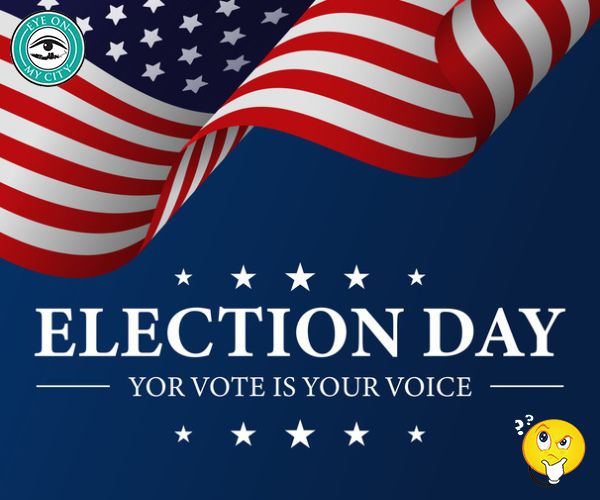Deegan was outspent 4-to-1 but Democrats, who outnumber Republicans, had a smaller turnout. That suggests substantial crossover Republican votes. It also appears that independents preferred Deegan over Davis as well.
Why did Republican stay home – or as at least three high-profile GOP politicians did, support the Democrat?
Probably because Davis, in his zeal to win the primary, torched his opponents and smeared them with often ridiculous claims.
Insiders trace his loss back to his campaign consultant, Tim Baker, who has used similar tactics in other races as well.
“Negative campaigning works,” many politicians claim. Perhaps it does when the candidates belong to different parties.
But when it is a primary election all it does is bruise feelings and generate lasting animosity.
How could it endear you to other members of your party and result in a cohesive effort against the other party’s candidate?
A number of Republicans declared publicly they were going to hold their noses and vote for Davis. Obviously, not enough did.
Another, perhaps small, part of the Davis loss was his stiff and uncomfortable appearance in the main debate. For someone who has been in politics and leadership positions in business for more than two decades, that was strange.
Deegan, who had no experience in politics but years in front of the camera, seemed relaxed and at ease at all times, and always had a glib answer that usually concealed her left-wing views. She did not bash Davis often and leaned heavily on her role in raising funds for breast cancer treatment.
One-third of the registered voters cast a vote and 52 percent of them voted for Deegan.
There are about 735,313 people of voting age and Deegan got 113,157 votes, so 15 percent of the population chose Deegan to be the next mayor and Davis will continue in his half-million-dollar job as head of the Chamber of Commerce, which he did not relinquish to run for mayor.
Maybe he knew something.


